Speaking Up Constructively
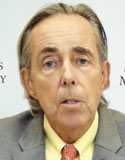
“As program funding is cut and regulations that have protected the public health are rolled back at the federal level, we as physicians and scientists can demonstrate our concern by raising awareness about the link between the environment and health, and help patients think about ways they can minimize those risks in their own lives and communities.”
— Louis E. Fazen, MD, pediatrician;
MMS Committee on Public Health
Leading by Example
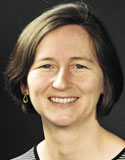
“Climate change poses serious threats to human health. As physicians, we owe it to our patients to speak out about our concerns, advocate for policies to reduce the impacts and prepare our communities to be ‘climate-resilient,’ and encourage our hospital facilities to lead by example, by implementing energy efficiency and sustainability programs.”
— Regina C. LaRocque, MD, MPH, infectious disease specialist
Meeting Patients’ Needs
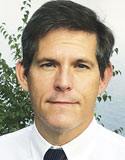
“Ongoing air pollution from our transportation and energy infrastructure, and its associated climate disruption, is a public health danger. We have to educate people about these risks. It’s no different than when we warn parents to lie babies on their back to sleep to prevent crib deaths, teenagers not to drink and drive, and healthy middle-agers that high blood pressure and smoking increases risk of heart attacks.”
— Matthew J. Bivens, MD, emergency physician, St Luke’s and BIDMC;
chair, Greater Boston chapter, Physicians for Social Responsibility; co-chair,
Southcoast Emergency and Disaster Preparedness Committee
Demanding Solutions
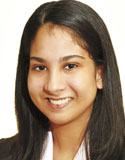
“Climate change affects our health in so many ways, including increased air pollution, extreme weather events, higher temperatures, and the spread of infectious diseases. As the youngest cohort of health professionals, medical students and residents will see the worst of what climate change has to bring. This puts us in a unique position to share our stories, highlight the urgency of the problem, and demand solutions.”
—Krupa R. Patel, MD, internal medicine/preventive medicine resident,
Boston Medical Center
Heading Off Conflict
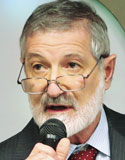
“As climate change continues and large parts of the earth can no longer support their human populations, we must anticipate a significant increase in conflict. As physicians, we have a special responsibility to alert our patients and the general public to this danger, and we know that such efforts can be successful. Physicians, working together as advocates, won the 1985 Nobel Peace Prize for educating the public about the medical consequences of nuclear war. We’ve continued to update our medical message, which was key to the International Campaign to Abolish Nuclear Weapons being awarded last year’s Nobel Peace Prize.”
— Ira Helfand, MD, internist; co-president, International Physicians for the Prevention of Nuclear War (IPPNW)
Becoming a Resource
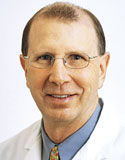
“Think globally and act locally’ is a motto for all of us to embrace. Physicians can advise their patients to be prepared for the health-related consequences associated with climate change. Physicians can be a resource for other physicians, patients, government, and corporations. The MMS Committee on Environmental and Occupational Health (CEOH) is an opportunity to get involved with the Society and is a resource for reviewing and proposing policy and Society positions.”
— Alan C. Rodgers, MD, occupational medicine physician; vice chair, MMS Committee on Environmental
and Occupational Health
